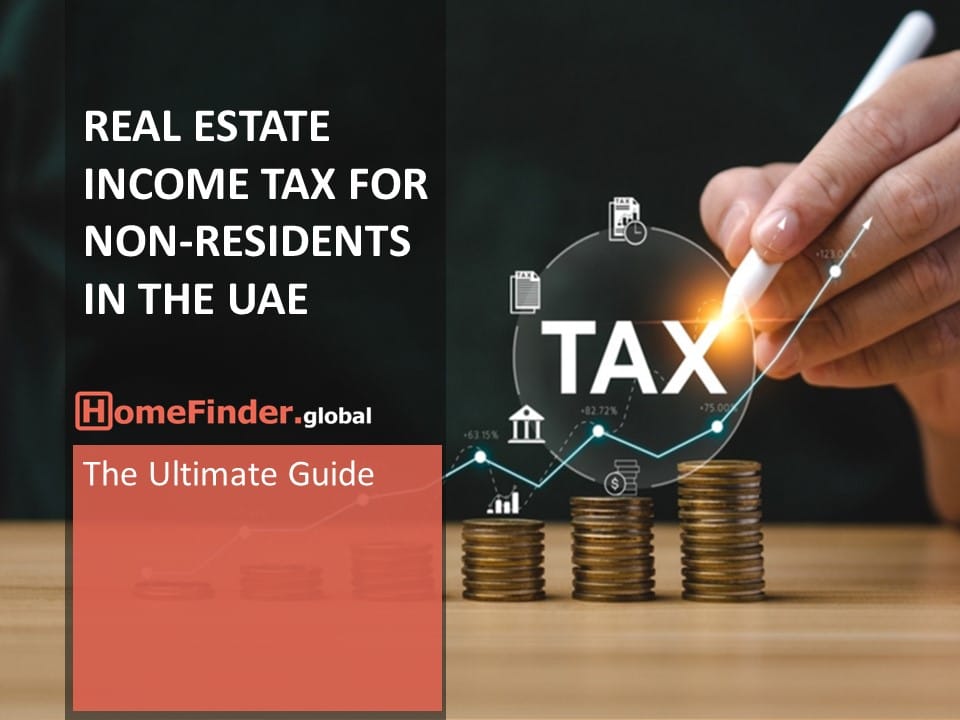Non-Resident’s Guide to Real Estate Taxation in the UAE

The UAE Ministry of Finance frequently updates its corporate tax laws to maintain transparency among stakeholders. In a recent update, non-residents are now required to pay a tax on real estate income in the UAE. Read on to gain a comprehensive understanding of these new regulations.
Under Cabinet Decision No. 56 of 2023 for Federal Decree-Law No. 47 of 2022, foreign companies and non-resident juridical persons must pay a 9% tax on any income generated from real estate and other immovable properties in the UAE. This includes properties held as investments or used in business operations.
The corporate tax is calculated based on net income, allowing relevant expenses to be deducted when determining taxable income, provided the conditions in the corporate tax law are met.

The UAE Ministry of Finance has outlined several exemptions regarding the real estate income tax. Notably, income from property owned by foreign or UAE residents is not taxed if the property is not part of a licensed business activity, regardless of whether the ownership is direct or through a trust or foundation.
Furthermore, real estate investment trusts (REITs) and other qualifying investment funds may be exempt from corporate tax on income from UAE properties if they satisfy certain conditions.
His Excellency Younis Haji Al Khoori, Undersecretary of the Ministry of Finance, emphasized that the corporate tax on income derived from UAE real estate and other immovable property by foreign juridical persons aligns with international best practices. He stated, “The corporate tax treatment of income derived from the UAE real estate and other immovable property by foreign juridical persons is in line with international best practice, which stipulates that income derived from immovable property is taxable in the country in which such property is located.”
This overview of the tax on real estate income for non-residents in the UAE highlights the new regulations’ alignment with the UAE’s long-term goals and corporate tax objectives. Notably, the UAE’s corporate tax rate remains the lowest in the GCC region.
For continuous updates on rules and regulations in the UAE, follow Homefinder.global.
*Disclaimer: For more detailed information and clarification about the Corporate Tax Law, please contact the UAE Ministry of Finance and the Federal Tax Authority.*